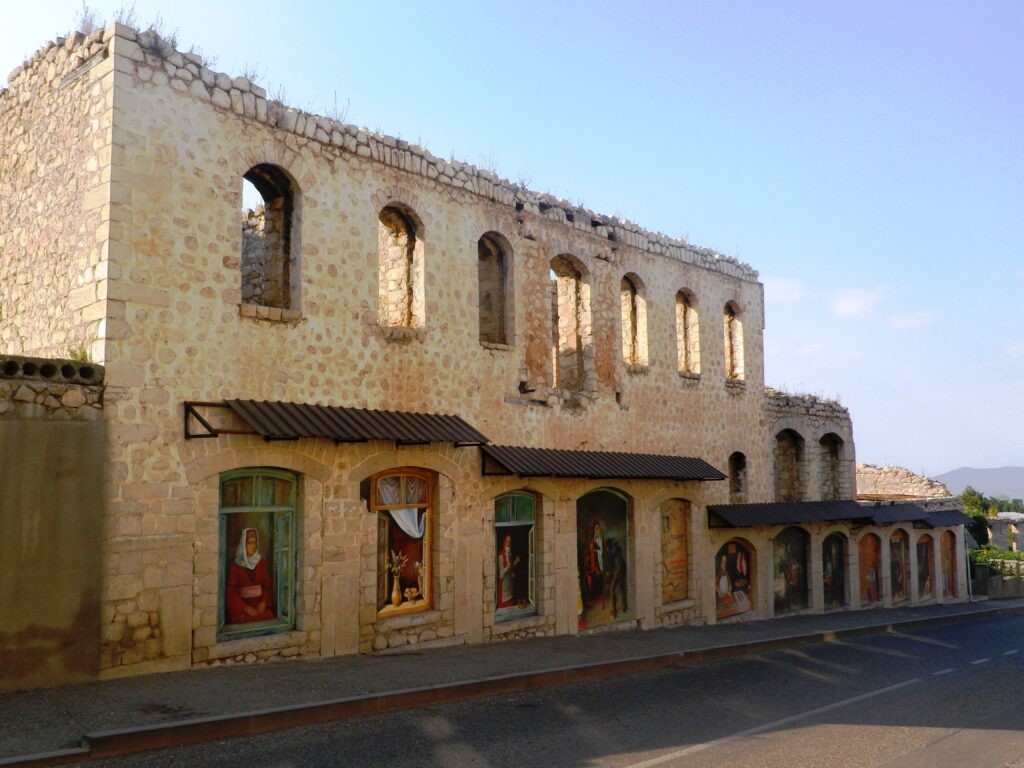Experts Warn Kazakhstan Over Possible Consequences of Further Armenia-Azerbaijan Conflict
On March 31, the Azerbaijani Defense Ministry said on its website that provocations on the Armenian-Azerbaijani border have recently become more frequent - and warned the Armenian authorities that Baku could take tough retaliatory measures. The same day, the Armenian Defense Ministry on its website rejected the information that it was accumulating troops on the Armenian-Azerbaijani border. The EU Mission in Armenia also stated that “no such movements have been observed.” This turn of dialogue closely mirrors the events of autumn 2020, when there was a major military escalation. The Azerbaijani Defense Ministry then repeatedly warned Armenia against provocations in the conflict zone - and after that, hostilities started. If the Armenian-Azerbaijani conflict develops, Kazakhstan will have to stop oil supplies to Europe via Azerbaijan, as the country is a member of the regional Collective Security Treaty Organization (CSTO), notes economist Galym Khusainov. "It is necessary to prepare a plan of action in case the conflict intensifies and Kazakhstan's oil supplies through Azerbaijan may be cut off," he told the Times of Central Asia. Furthermore, Kazakhstan could face major losses if investments are made in developing the Zangezur transportation corridor, financier Rasul Rysmambetov said. "The most important strategy is to develop as many corridors as possible: Azerbaijan, the northern direction, the southern direction, [and] transit to Europe via Russia. In general, Kazakhstan mainly exports oil, so we just need to develop as many corridors as possible, so that the loss of one corridor or damage to one corridor will not affect the overall export of our goods," Rysmambetov told the Times of Central Asia. The conflict between Armenia and Azerbaijan escalated in the early 1990s after the collapse of the Soviet Union, centered around the dispute over control of the Karabakh region. As a result of the First Karabakh War, the region passed to Armenian jurisdiction. In the fall of 2020, after the Second Karabakh War, Karabakh passed to Azeri control. The United Nations (UN) recognizes Karabakh as the territory of Azerbaijan. Despite the population within its borders being 94% ethnically Armenian, the Bolsheviks eventually founded the Nagorno-Karabakh Autonomous Oblast as part of Soviet Azerbaijan in 1923. Whilst there was an economic logic in allowing farmers to reach their traditional grazing lands without the hindrance of borders, the decision also owed much to divide and rule politics and a desire to please their Kemalist allies in Turkey. In 1921, the Treaty of Kars saw Moscow cede "imperialist" Western Armenia to Turkey as part of a ‘friendship and brotherhood’ agreement, the Soviets even going so far as to arm Kemalist troops. Massacres continued, and in September 1922 an estimated 100,000 Christians - 25,000 of whom were Armenians - were killed in modern-day Izmir alone. Today, the threat of war between Armenia and Azerbaijan lingers in part because the issue of political control of several villages on the Armenia-Azerbaijan border in Armenia's Syunik region remains unresolved. Azerbaijan calls these territories its historical lands, while Armenia argues that they are its territory, as...

